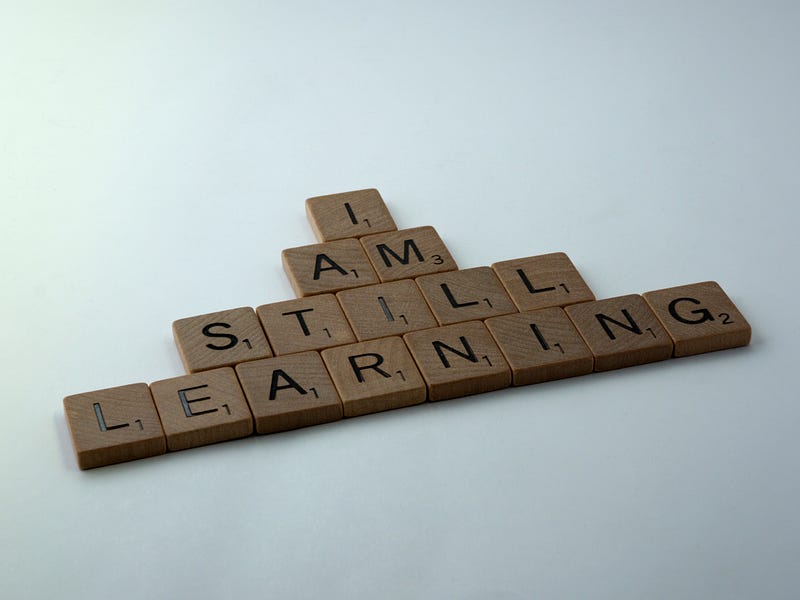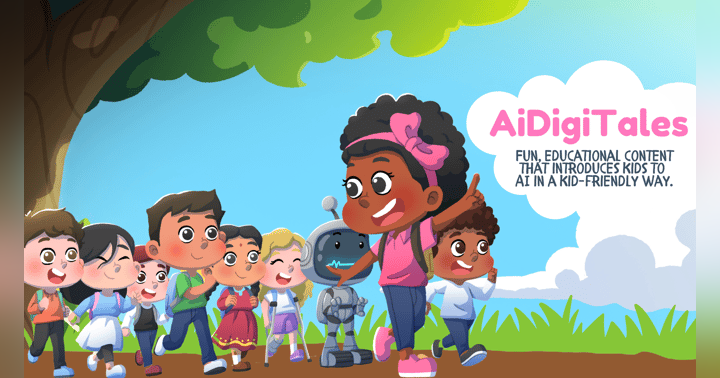Growth Mindset + Vulnerability

Growth Mindset + Vulnerability
This blog post was inspired by Episode 90 of My EdTech Life
Vulnerability and Growth Mindset are two concepts that should get a lot of attention in the education field. Schools across the country are increasingly valuing vulnerability as a necessary part of learning, both for teachers and students. A growth mindset is also important to developing vulnerability because it creates an opportunity to take risks without fear of failure. In this post, I’ll discuss these two concepts in more depth.

Vulnerability
One thing that teachers should focus on is creating a school culture where vulnerability is accepted by encouraging and modeling this with their students. They want students in their classroom to feel like it’s safe enough to share their thoughts and feelings with their classmates. Teachers can encourage this by modeling vulnerability which might make them nervous about this as they may not be used to it yet. It’s important for them not to let these thoughts hold them back from trying anything out though, even if things don’t go as planned.
Growth Mindset
A growth mindset is about having the opportunity to learn and change with experiences, so new teachers should try out things they aren’t comfortable doing but know will benefit their students in some way. A growth mindset also encourages taking risks without fear of failure, so new teachers can try out things they’re not confident in to see what happens. Growth Mindset will encourage students and other members of the school community to do the same thing too because it’s supported by their teacher!
Growth Mindset + Vulnerability
One way that this could play out is if a student makes a mistake in front of their classmates. A growth mindset would encourage the student to realize that it’s okay for them not to know everything and they can learn from this experience by asking a question or seeking help from someone else. Vulnerability is important here because it allows students to ask questions without feeling embarrassed or ashamed about what happened, which may have been their initial reaction. Growth Mindset encourages students to try things out and see what happens, which may lead them to make mistakes in front of other people sometimes too!
Let’s discuss another example that could be similar: if a teacher has an observation or evaluation with the principal at school, they might feel nervous about it because whatever happened during the observation or evaluation is out of their control. They must recognize that based on this experience, they might be able to do things differently next time and the principal will provide feedback about how they can improve. Growth Mindset encourages new teachers not to beat themselves up over mistakes, but instead focus on what they can improve on. Growth Mindset also encourages teachers to ask for feedback from other people because it’s the only way they’ll know where they need to do some work.
Conclusion
Teaching is a profession that demands constant self-reflection and growth. A growth mindset, which encourages taking risks without fear of failure and embracing vulnerability as necessary to learning, can help new teachers establish this school culture with their students and other community members. A growth mindset will encourage them to try things out and see what happens because they won’t beat themselves up over mistakes as they might have in the past. When you put these two concepts together (Vulnerability + Growth Mindset), it’s easier for people to learn from each other with honesty, openness, trustworthiness — all qualities we want our children to value.
Thank you to Natalie Conway M.Ed.and Ashley White for inspiring this blog post.









